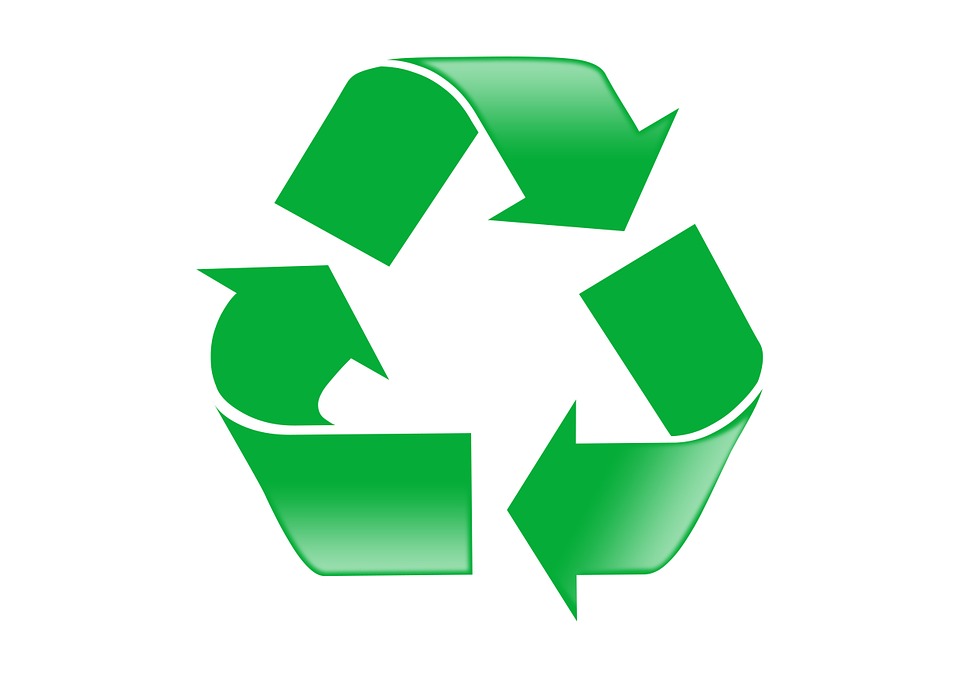
Our wish is to help people to recycle their waste more intuitively and easily. And so, encourage recycling for the preservation of our environment. But the success of our project must absolutely involve an effective and detailed communication. Without communication to inform citizens of the functioning of selective sorting with the recyclable bags and the application, the project will not work. Cooperation and participation of citizen is therefore essential to evaluate our project.
SHORT TERM
In the short term, which is the introduction phase, the goal is to acquire enough media coverage to familiarize citizens with the concept of the new policy.

Firstly, the local government of the chosen district will hold a live press conference and invite mainstream press to attend. The mayor will inaugurate the policy and appeal to citizens to actively participate and answer journalists’ questions. Then, journalists will broadcast the conference live and write news articles that will be posted on each of their newspaper’s platform.

Secondly we design advertising campaigns that will be displayed in metro stations, and also explanatory guides/ flyers for each family, and an internet site.
LONG TERM
Once the introduction phase is passed, we will focus on the long term communication. The goal is to offer citizens guidance, encouragements and help along the whole process.

Firstly, an official Facebook account will be created. This is a platform where citizens can share their experiences, ask questions and offer advices on improvements. Relative news will be updated daily by account managers.

Secondly, the concierge of each neighborhood will distribute questionnaires that are previously designed by the government to elderly citizens. They then can express their degree of satisfaction towards the initiative and share their suggestions and experiences. Then the concierge can report the results to the government during a monthly meeting with the local government.
CHILDREN’S AWARENESS
In order to make sure the new policy is properly put in place and really respected by everyone, we first need to make sure that the citizens fully understand the way the whole system is going to function. Second, we need to ensure a continuation of the functioning of the system. In this aim, we have decided that one of the key factors of a successful implementation of this new policy is to educate and inform kids and young people. The general idea is that workshops and projects are organised in schools and universities.
TEACHERS
It is important to teach kids about the system if we want them to continue using it, and use it properly, so the workshops and projects will be implemented in the primary as well as high schools. But, in order to guaranteethe quality of these methods, the people in charge of them will need to already be completely familiar with the whole idea. This is why we will first need to organise workshops for teachers and professors that will later manage the workshops and projects for their students. This will be done by our experts, and the start of the implementation in the educational environment should not be too postponed.
SCHOOL
For elementary school students only workshops will be put in place. The reason is simply their age, they should not see at as something boring and too theoretical but rather as a fun and useful thing to do. The workshops should be interactive and with the aim of teaching kids about recycling in general to then concentrate more on the new system, and so in a playful way. And at the end of the process, a big competition could be organised.
Students from the same class would form a group and they would then first compete against other groups from their school. The first three places could then go to the higher level of the whole arrondissement where they would compete against the best groups from other schools. The game itself would follow the entire recycling process and the winner would be the team with the most correct sorting who would then receive an award (tickets to the cinema, bowling or something similar).
HIGH SCHOOL / UNIVERSITY
In high schools and universities, apart from the workshops which would take place at the beginning but much shorter than in elementary schools (so only 2-3 workshops, once a week), there will also be group projects organised. The idea is to give students some technical knowledge about the new recycling system to then make them implement it. Their projects could deal with informing their friends from other arrondissements about the new policy, getting involved with some other projects and organisations with similar ideas, or simply assuring the policy is respected within their institution. For participating in such a project, they would obtain points (the credits used in the French educational system). In this way, not only will we educate young people from the 20th arrondissement, but will hopefully get to gradually spread the idea to students from other parts of Paris before introducing the same system is proven successful.
CARETAKERS TRAINING
Our project is based on a fundamental principle: the use of selective sorting bags by families. There are 4: Paper/Cardboard, Plastic, Glass/metal (like bottles/cans) and Other. In order to be able to inform the inhabitants of the project, we could initially organize a meeting between the managers of the sorting center (where the experiment is undertaking) and the concierges of each building. The purpose would be to explain in more detail the operation and the principle of the sorting center to the concierges. A test could be undertaking in order to show in a concrete way each of the key stages of the waste sorting center to the concierges.
FAMILY / CITIZENS
Then workshops would be organized by the concierges with the representatives of the families of the buildings to explain the operation of the project. Concierges would have a prerequisite training of one-day to give them the instructions of the meeting. They would receive cards with the different elements that they will have to be addressed during the workshop. The purpose of the concierges would be to explain the project, its importance and specify that it’s the 20th arrondissement that was chosen to experiment the project. This could arouse enthusiasm and interest by the inhabitants of the arrondissement.
During these workshops, they would concretely present the recyclable bags, and show the functioning of the application with the scan of the phone to know where each garbage depends on the garbage bag. They could let try the application for those who want it during the meeting to get a more concrete idea of how it works. It would be mentioned during the workshop, that to control the good cooperation of the families and the respect of the sorting rules, fun alert messages will be sent to the families. The purpose is to inform them that they have made a mistake in their selective sorting and explain how this can be resolved.
The concierges would indicate that outings to the sorting centers will be organized to see live what happens to their waste and the need to properly sort their waste. All questions from the families can then be asked to the managers of the sorting center. This would be a good way to make families aware of the importance of properly sorting these wastes into bags and encouraging their active participation. Explanation cards on the operation of the app and it process of scanning the product to the destruction of the waste at the sorting center will also be distributed to each family.






